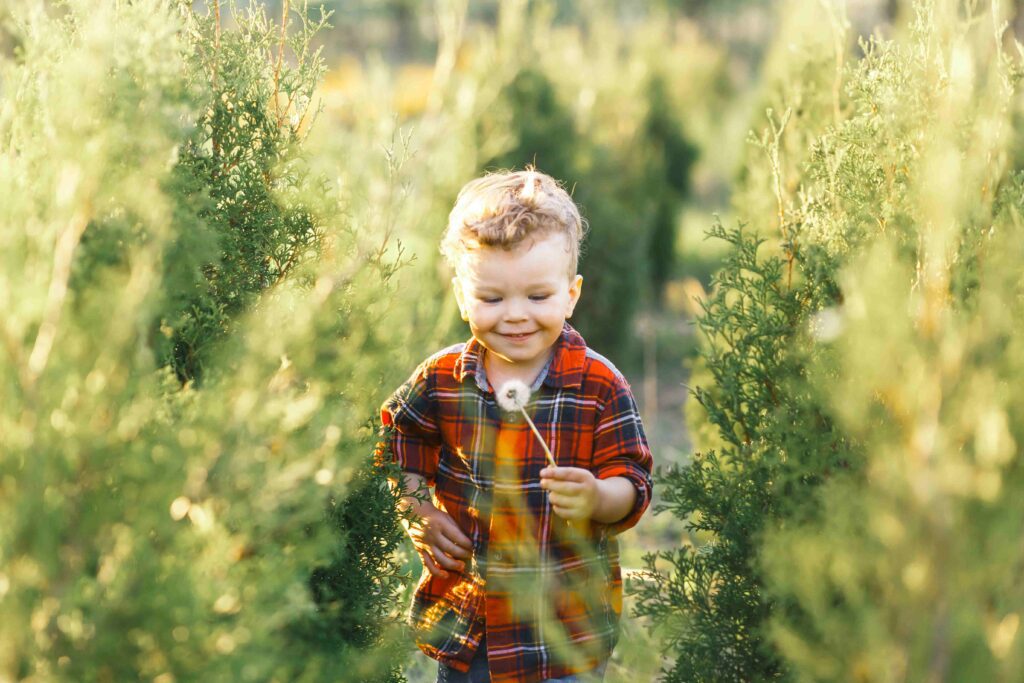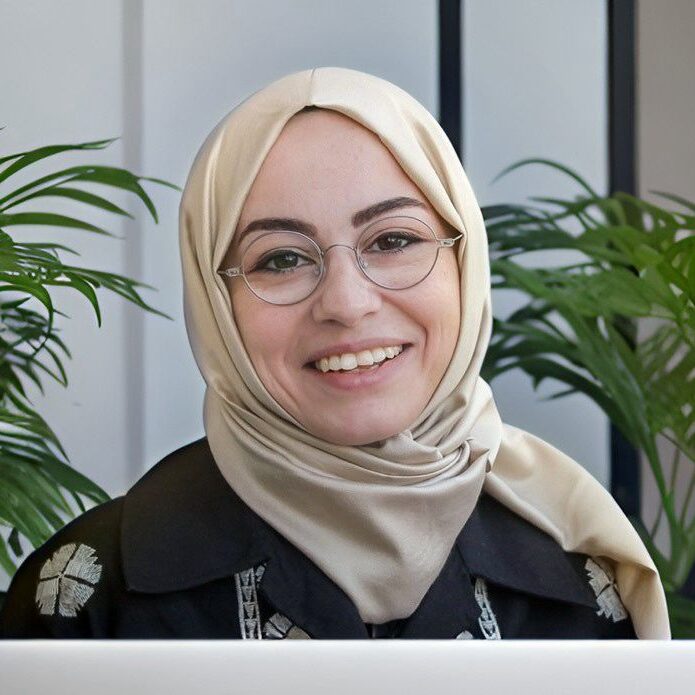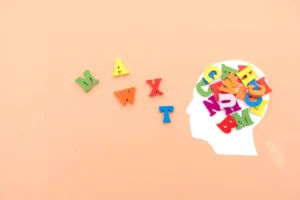From the Ahi Brotherhood to Attachment Based Mentoring: A Legacy of Belonging
This article has been researched and written by Hacer Subasi. AI has not been used in producing this article.
In today’s fast-paced world, where modern life pressures parents to maximize productivity every minute, many mothers and fathers struggle to give their children the emotional connection they developmentally deserve. Perhaps this is because the parents, as the primary attachment figures, themselves don’t feel truly connected either. We may be living in an unprecedented time where the responsibility of parenting falls almost entirely on the biological parents – with fewer support systems than ever before. In this sense, the presence of surrogate attachment figures – or what the literature calls mentors – is becoming more of a necessity than a choice. After all, raising a child is never solely the job of parents. As the saying goes, “It takes a village to raise a child.”
Humanity has been aware of this truth since the civilizations of Ancient Greece and Rome. But this awareness took on a structured form in 13th-century Anatolia through the Ahi system during the Seljuk era. After that, structured mentoring practices nearly disappeared – until they reappeared with the founding of Big Brothers Big Sisters of America in 1904, which became the first official modern mentoring program in the U.S., almost 700 years later. Many different types of mentorship systems have been tried since then; however, none have permeated society as systematically as the Ahi system.
The Ahi system aimed to cultivate individuals in the fields of art, trade, and various professions through a master (mentor)-apprentice (mentee) relationship, while also supporting their moral development through a strong bond of brotherhood. The word “Ahi” appears in Divan-ı Lügati’t-Türk with meanings such as “generous, brave, valiant, noble” and is believed to have been derived from the Turkish word “akı” (meaning pure, virtuous). At the same time, it is also thought to originate from the Arabic word akhi” / أخي “,meaning “my brother.” When both meanings are considered together, one can say that much like in contemporary mentoring models, an “Ahi” in the Ahi relationship played a dual role: like a father figure in terms of experience, reputation, and knowledge, and like a brother or elder sibling in the warm and trust-filled connection they established. In today’s increasingly individualistic societies, mentoring systems are becoming essential – to help children who suffer from disconnection reconnect, to share the emotional burden carried by parents, and to raise emotionally healthy individuals who can thrive in society.

This article will explore the Ahi system, considered the first structured mentoring model in history. The Ahi Brotherhood (Ahilik Teşkilatı) was far more than a medieval trade guild in the Ottoman Empire. It was a deeply rooted social and moral system where young apprentices didn’t just learn a craft – they were mentored into becoming. At its core, Ahilik was a system of psychosocial guidance that offered not only skill development but also a secure sense of belonging, identity, and values.
In this structure, the master (usta) was not merely a teacher of technical skills – he was a consistent, reliable figure in the apprentice’s life. He modeled patience, ethics, responsibility, and humility.
From a modern psychological lens, particularly through attachment theory (Bowlby, Ainsworth), we could say that this relationship resembled a secure base – someone who provides both safety and encouragement to explore. Attachment theory tells us that children thrive when they experience consistent, emotionally attuned relationships. This early connection – with a caregiver or a mentor – helps them regulate emotions, develop resilience, and build a healthy sense of self. Similarly, in the Ahi tradition, the young apprentice was gradually entrusted with more responsibility as trust deepened – not unlike how we scaffold emotional independence in securely attached children.
Today, when we mentor children – whether in education, therapy, or daily life – the goal isn’t just to teach behavior or knowledge. It’s to offer the kind of relational container that says: “I see you. I believe in you. I’m here as you grow.” The Ahi masters didn’t just train hands; they mentored identities. They offered what every child still needs: presence, attunement, and belief.
If we want to raise resilient, morally grounded, and emotionally healthy children, we might look to the Ahi spirit – and remember that growth happens not just through instruction, but through connection.
Famous People with Dyslexia
Representation matters especially when there is a stigma around dyslexia and learning disabilities in general …
Third Culture Kids: Growing Strong Roots in a Mobile World
In a city like Dubai, it is not unusual to meet a child who has already lived in three countries, attended four different …
What Can I Do If Someone Is Bullying Me at School?
If someone keeps being mean to you, teasing you, hurting you, or leaving you out on purpose, this is called bullying…
Micro-Recovery: TraumaInformed Coping Tools Adults Can Use in Daily Life
Our nervous system is under constant pressure and stimulation. When you add the layer of …
Did You Know – Joyful Memories Can Be a Source of Pain?
I can’t count the number of clients who tell me: “Why does my brain only bring back negative thoughts?” – let’s explore
What Really Happens Behind the Door of Couples Therapy?
Couples don’t usually come to therapy because they stopped caring about each other – they …







